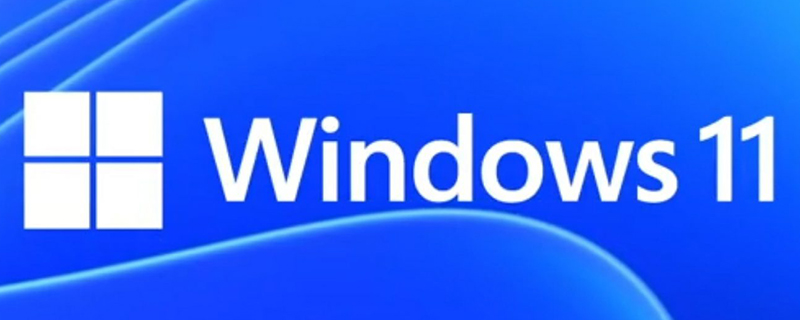Windows 11 and Intel Latency Issues?
Windows 11 and Intel 13th Gen Latency Issues?
Whenever it comes to testing something there are always decisions that have to be made about the way in which you benchmark performance. You could try your hardest to make the system fall to its knees with unrealistic tests, or you could test it in the way that most people will use it and see how things stack up. We have always wanted to review things in the way that ninety percent of people will use their new products, largely because we feel that the people at either end of a bell curve will understand they have specific requirements and the knowledge to work around them.
However, one Youtube account by the name of Tech YES City has been looking at how the 10th Gen Intel CPUs and the 13th Gen compare in Windows 11 when you’re absolutely flooding their task scheduling. The movement of the System Agent (uncore) component off the processor has, according to their results, meant that the new 13th Gen with its Efficient Cores, Performance Cores, and no on-die SA has meant that it isn’t a patch on the 10th Gen when you’re shunting massive quantities of files around.
Here is an example of their findings, which you can view in full with the link at the top of this article or by clicking these blue words.
This is very much a side-effect of the wholesale architectural changes Intel have applied when moving between the Comet Lake 10th Gen and 13th Gen Raptor Lake CPUs. As you saw from our reviews of those processors we think the benefits more than outweigh a few nanoseconds – 1 nanosecond = 1 billionth of a second – extra latency.
Nonetheless its interesting that if you’re the type of user who is moving huge amounts of files around on a regular basis and found your system stuttering more than you might have expected, that there is a reason why that behaviour is occuring.
Discuss their findings in our OC3D Forums.




